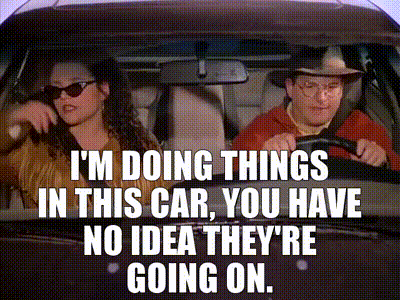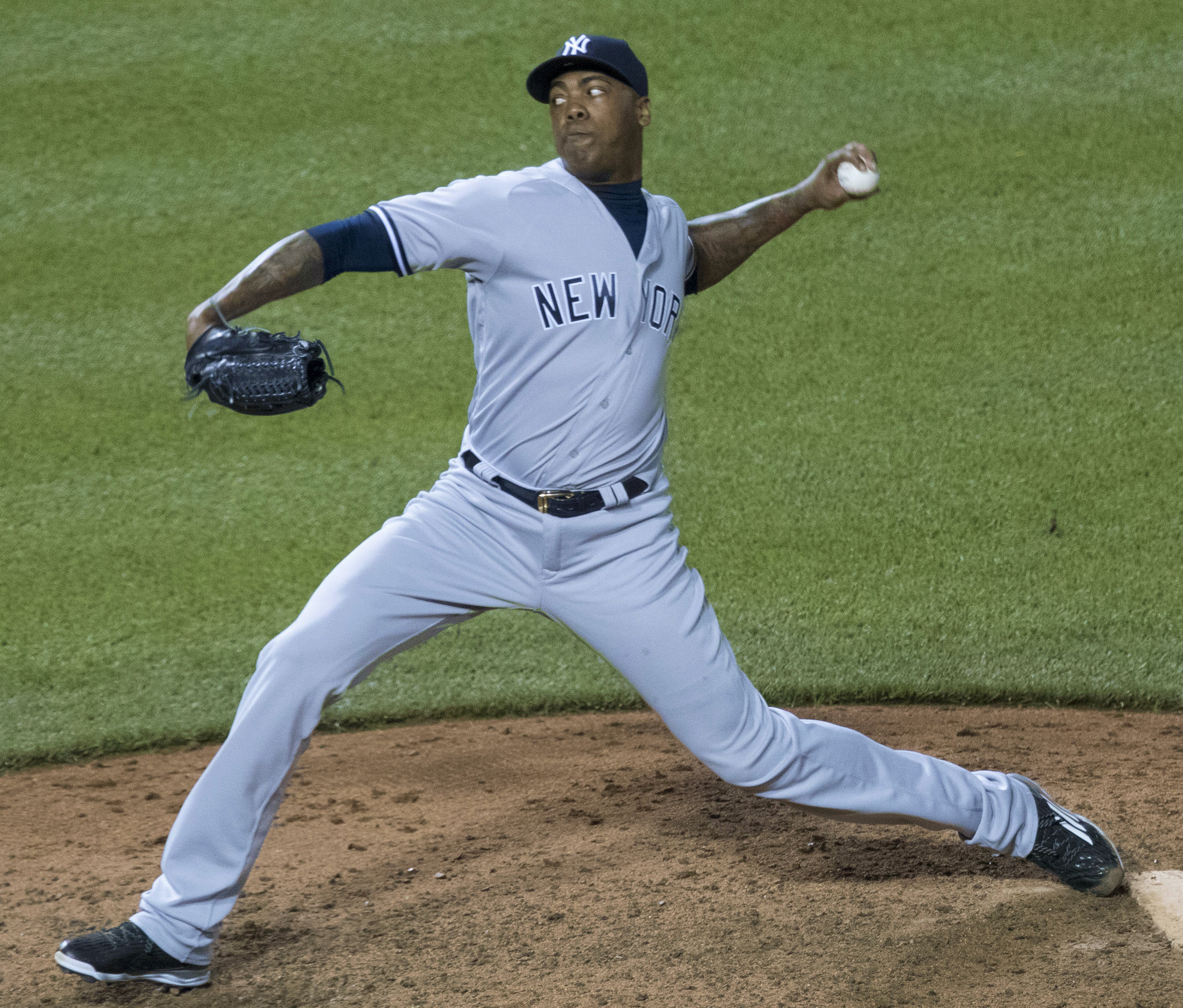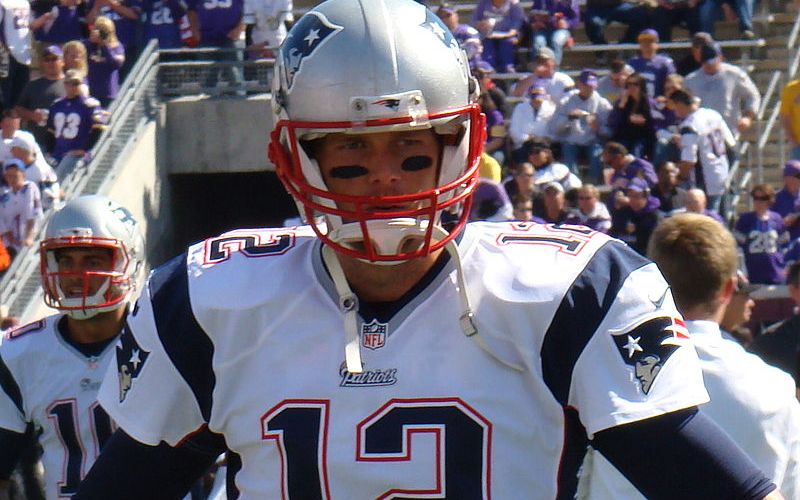
ESPN released an excellent in-depth report about Bill Belichick’s failed attempts to get another head coaching job after his split with the Patriots. Not counting the Patriots themselves, there were six head coaching jobs that were open-open where the team had fired their head coach and was about to hire a new one:
- Commanders
- Titans
- Chargers
- Falcons
- Panthers
- Seahawks
The Raiders had an interim coach after firing Belichick acolyte Josh McDaniels, but did a perfunctory search before giving Antonio Pierce the permanent gig.
Then there were two jobs – the Eagles and Cowboys – that were not technically open, but rumblings suggested that the coaches were on shaky ground with a chance that Belichick’s availability would have sparked a move that otherwise might not have been made. Ultimately, Nick Sirianni was retained by the Eagles and Mike McCarthy by the Cowboys.
As the article says, Belichick was hired for none of the open jobs. In fact, it suggests that he was not even particularly close to being hired.
What does this mean and does it make sense?
Organizations need to assess two scenarios when they think about casting their lot with Belichick:
1) Am I hiring a dour prick who’ll cost a fortune; will make my life miserable; will only be around long enough to break Don Shula’s record for coaching victories; will blow up my organization to the point that when he’s gone, I’ll literally need to start from scratch; won nothing without Tom Brady; and wears the yoke of his unprecedented success being due largely to hitting the lottery with a quarterback and credible allegations of cheating?
2) Is he the tactical genius who will maximize the talent he has; can run an organization from top to bottom; has fifty years of in the trenches experience; is motivated to prove his remaining critics wrong; is fearless in doing what is best for the organization; and will give me a very good chance at winning a Super Bowl if he has the players?
The Brady question is unanswerable and will be debated forever. Still, there are indicators that while Belichick was significantly responsible for the Patriots run, it would not have happened without the luck that precipitated Brady’s rise.
Underlying considerations aside, Belichick’s regular season record with and without Brady is what it is. It’s fact.
With Brady, his record is 209-64.
Without Brady, his record is 36-45 when coaching the Browns; 13-8 while Brady was with the Patriots but didn’t play; and 29-38 after Brady left.
Belichick had three winning seasons without Brady.
Three.
To make matters worse, the Patriots were mediocre and then collapsed after Brady left. Brady went to Tampa to win another Super Bowl with the Buccaneers. Now he’s floated the possibility of another comeback. It’s theoretical if not straight up realistic that Brady will be back in the league before Belichick after having retired twice already.
Despite the statistical realities, there is no answer and there never will be an answer. Would Brady even have gotten a chance to play in New England had Drew Bledsoe not gotten injured? Had Bledsoe remained healthy, would Belichick have felt obligated to stick with him due to the quarterback’s contract and his relationship with owner Robert Kraft? Does the dynasty even happen? Or is Belichick fired – again – after two-plus years and back as Bill Parcells’ second in command when Parcells took the Cowboys head coaching job, relegated to being an assistant, never getting another chance as head coach?
My best guess is that the 2001 Patriots would have continued to struggle under Bledsoe. Belichick, under the impression that he was on the verge of getting fired again, would have looked at a 4-7 team and said, “I’m gonna get axed anyway. Let’s look at the kid” and thrown Brady out there.
Again, would it have been the same result or was it the confluence of events and utter serendipity (it’s true no matter how distasteful) that Bledsoe was seriously injured forcing Brady onto the field? This was a sixth-round draft pick. Nobody thinks a sixth-round draft pick is going to do much regardless of position and they definitely don’t expect anything out of a sixth-round quarterback. Then there’s the tuck rule playoff win in the snow and who knows how many other examples of divine intervention and chicanery they got away with in the Brady-Belichick era.
Another aspect of Belichick and even Brady’s success is the clear path they had to the playoffs every year. And not just to make the playoffs. More often than not, they had a bye to the second round from the moment training camp started. In most years, they won the division handily and had it locked up with about four or five weeks left in the regular season. The Dolphins, Bills and Belichick’s favored punching bag, the Jets, rarely put up much resistance in the two-decade Brady run. In the one season that is frequently referenced as Belichick’s “greatest” coaching job in 2008 as he won 11 games and barely missed the playoffs with Matt Cassel at quarterback following Tom Brady’s opening game knee blowout, it ignores that essentially the same team had gone undefeated in the regular season the year before. They might’ve won 11 games with Tim Tebow at quarterback.
The coaching carousel this past offseason was unprecedented with a coach holding the hardware that Belichick does not just left out in the cold, but relegated to nearly begging for a job. The Falcons job appeared to be his to lose, but owner Arthur Blank checked in with Kraft and, according to the article, came away with greater reluctance than he previously had. Compounding this is that Kraft stood to gain financially had Blank hired Belichick, taking the Patriots owner off the hook for up to $25 million of whatever salary Blank gave Belichick. He gave Blank an honest appraisal even though it cost him a good amount of money.
More telling were the whispers that Belichick could not be trusted; that there was never a warm moment between coach and owner; and that the relationship was purely transactional with Kraft putting up with Belichick’s act as long as the team was winning.
Just think about that. They were together for 24 years and never had a warm moment despite all the Super Bowl wins, the tragedies, the triumphs and the ups and downs. Why would Kraft give Belichick a strong recommendation when factoring in all these issues?
The lingering questions of Belichick’s personality, the Brady vs. Belichick credit rodeo, and the last few years of borderline ineptitude were bad enough. But would a new team benefit from hiring Belichick if they were getting him and not Brady?
A ready-made team like the Cowboys, Eagles or Chargers would win with him, but they could win with other coaches too and not have the challenge of convincing players to deal with the grinding work with little joy and the understanding that as soon as he found someone slightly better, they’d be gone without remorse?
Look at the coaches who are succeeding and being hired. They’re “fun.” Mike McDaniel, Sean McVay, Jerod Mayo, Antonio Pierce, Raheem Morris – players want to play for them. There’s a commitment. There’s a buy in. The days of the czar running an organization as a one-man dictatorship and ruling based on fear are over.
Belichick inside the building is undoubtedly different from the personality he shows to the public. He’s said to have a wry sense of humor and to truly care about the players. That doesn’t change the single-minded intensity that was a hallmark of the Patriots success in his reign. It’s not a fun place to work and the players said as much.
Belichick, in his interviews, was said to have shown flexibility about being the de facto GM and running every aspect of the football operation. Good faith intentions or not, the likelihood is that he would have done what he wanted and either mitigated or fired anyone who got in his way. Is it any surprise that executives who he would have inherited with the clubs he was interviewing with were cool to the idea of hiring him and subtly or overtly steered the owner elsewhere?
His supporters offer a full-throated and almost “methinks he doth protest too much” defense and promotion of the Belichick way.
They react indignantly that it was predominately Brady who facilitated the championship run. Yet that seems to be the league wide perception. It’s akin to George Costanza shrieking to Elaine on Seinfeld how he was making moves of skillful deftness when driving that she could neither see nor comprehend.
His plans as the new coach would have included hiring his trusted assistants like Josh McDaniels, Matt Patricia, Joe Judge and others. Thoroughly understandable, a great boss who is trying to succeed quickly will want people with whom he can speak shorthand or does not need to speak at all. That aside, the question as to who was primarily responsible for the Patriots’ success extends to those assistants. All three along with Bill O’Brien and Eric Mangini failed at their head coaching opportunities. Only O’Brien succeeded in not humiliating himself. The team that hired Belichick would need to deal with those guys too?
Belichick is going to get another chance. That is not going to happen until after 2024. He is not taking a job just to pass his nemesis and detractor, Shula, on the all-time win list. Nor is he going for an extended rebuild. It will be a team that is relatively close to winning so he can prove his still questionable greatness as a head coach. While many think it will be the Cowboys or Eagles, my feeling is that it will be the Giants.
Already, co-owner John Mara has taken cryptic shots at current coach Brian Daboll wishing the coach would “tone it down.” This is not done randomly. Belichick loves the Giants. He gets visibly emotional when talking about his time on the coaching staff. The owner is impatient and no longer has guardrails on his worst instincts that his father and cousin showed in the decade before George Young was steered to the Giants to save the franchise in 1979.
While it is unfair for general manager Joe Schoen and Daboll to be on the hot seat after an unexpected playoff season and first-round victory in 2022, Belichick’s availability is too enticing for Mara to resist. Unless the Giants win 10 games and make noise in the playoffs this year, that is Belichick’s landing spot.
By then, he’ll be approaching 73. It will be his last chance to quiet the naysayers and unless he is able to adapt his style – and find a great quarterback – the likelihood is that he’ll do nothing but prove the criticism accurate and sully his reputation and how justified it is – an issue that has been eliciting whispers as to how much credit he should get for the past two decades. As great as he is, it’s still in doubt. And it probably should be.



 The incident at Madison Square Garden in which former New York Knicks player and longtime fan favorite
The incident at Madison Square Garden in which former New York Knicks player and longtime fan favorite 



